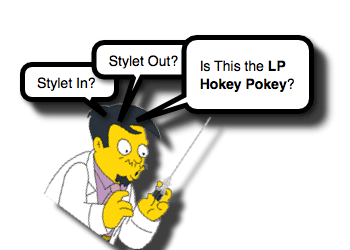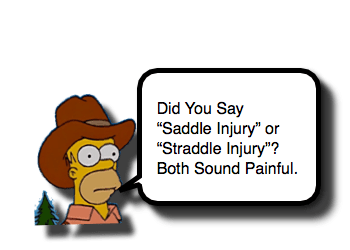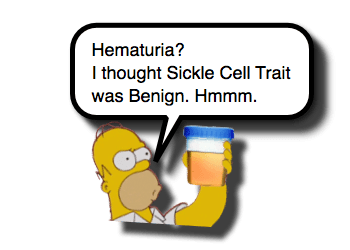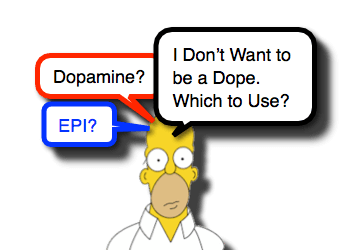Endocarditis in Children
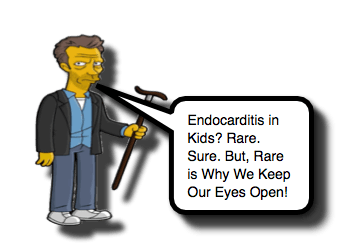
Many conditions may present subtly in children (ex, Inborn Errors of Metabolism, HUS, Pneumonia), but the subtle presentations of cardiac disease are often the most attention grabbing. We have previously discussed Subtle Signs of Heart Failure and Myocarditis. Let us take a…



